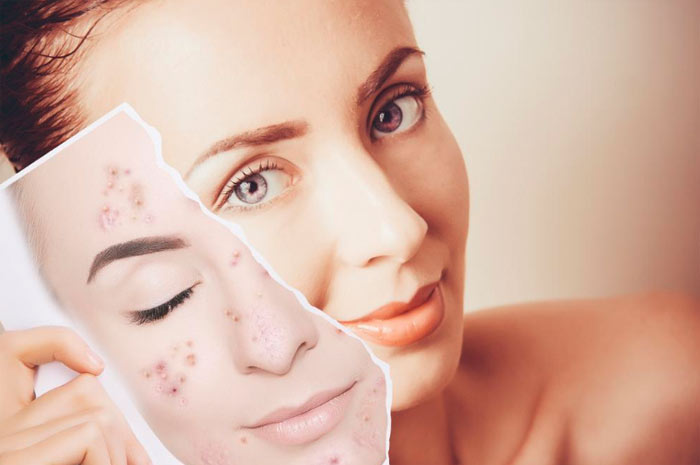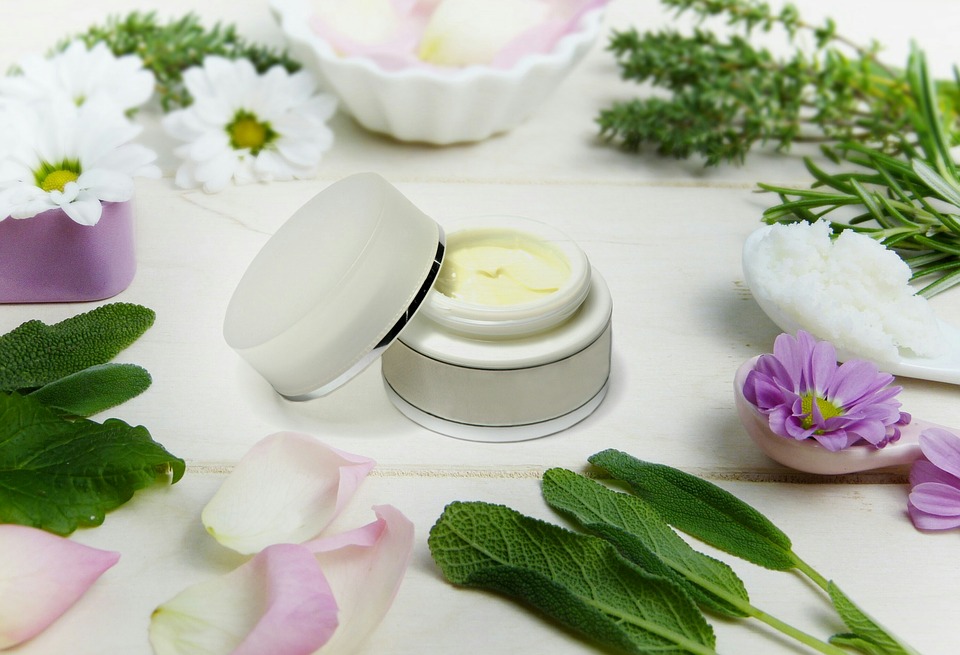When you look at a scar, what do you see? An optimist will see evidence of how impressive the body is in healing itself. Remember, there must be a wound before a scar can exist. The wound can be caused by an infection, a burn, or a surgical incision. So, a scar is the culmination of the body’s defense following a wound. For a pessimist, a scar is the bitter truth of a very traumatizing event. It could be an accident, an infection or a defect.

Regardless of how you see it, it’s possible to get rid of a scar with the right treatment. One top consideration today is to get acne scar treatment on amazon.
If we can recap the title question, the answer is a YES and NO at the same time.
Why YES?
It’s Okay if the Wound Has Closed Up
If you are dealing with a wound that hasn’t totally healed but has closed up, you could use some scar creams. However, there are things that you need to consider before you can use a scar cream on your skin. Other than having a closed wound, the following things have to happen:
- The oozing has to have stopped
- The swelling has to have receded
- The crusting has to have ended
- No more itchiness
It’s important, however, that you use the right cream. So, make sure you read the product label first to know if the application is safe for you.
Most Ingredients Are Kinder to the Skin
The best scar creams on the market come with beneficial ingredients such as anti-inflammatory agents and antioxidants. These ingredients are good for the skin as they promote cell repair and eventually contribute to fast healing. Other beneficial ingredients that your skin need even if the wound hasn’t healed completely include glycerin, peptides, vitamin E, and silicone. They collectively help in stimulating cell growth, skin hydration, and repair.
Some Wounds Require Early Intervention
A wound caused by a burn or acne needs early intervention as opposed to most wounds. In this case, you can use a scar cream. The cream will help to soothe the wound and to promote cell growth and repair. This is important in avoiding scarring.
Why NO?

Generally, it’s a great idea to wait until the wound has totally healed before you can start using scar creams. This is because of the following reasons:
The Body Produces Collagen
Collagen is produced naturally by the body. When you are injured, it’s collagen that’s responsible for healing your skin. This happens over time and so it makes sense to give your body sometime before rushing into applying scar creams. By the time the wound heals, you may not be having a scar.
Some Ingredients Are Harsh to Open Wounds
Scar creams containing alcohol and acids like glycolic acid or salicylic acid can be irritating to the skin. Now, try to imagine what will happen if the ingredients come into contact with an open wound. It could be a very harsh experience for you.
What Should You Do When Waiting for the Wound to Heal?
As you wait for your wound to heal naturally through the aid of collagen, there are several things that you can do to make the process seamless.
- Cover the wound: One primary reason why most wounds don’t heal fast is because of an infection. So, you should try to cover it. This will not just offer cover against infectious agents but also against drying.
- Keep the wound clean: Another wound care practice that you need to observe is wound hygiene. You have to clean the wound area with antibacterial soap and water. It’ll help to get rid of pathogenic bacteria around the affected part. This should be a routine practice.
- Apply Vaseline: Vaseline helps to heal your wound in two ways. One, it softens the skin, more so the wound area, to increase the chances of faster healing. Two, it locks moisture inside the wound by providing a waterproof coat. The moisture is necessary for encouraging cell growth and repair.
Parting Thoughts
From the argument above, it’s clear that you can use scar creams before your skin heals provided that the wound is closed. If it’s not, then you should wait till it does before you can apply the cream. As discussed, there are things you can do to fasten the healing process.










